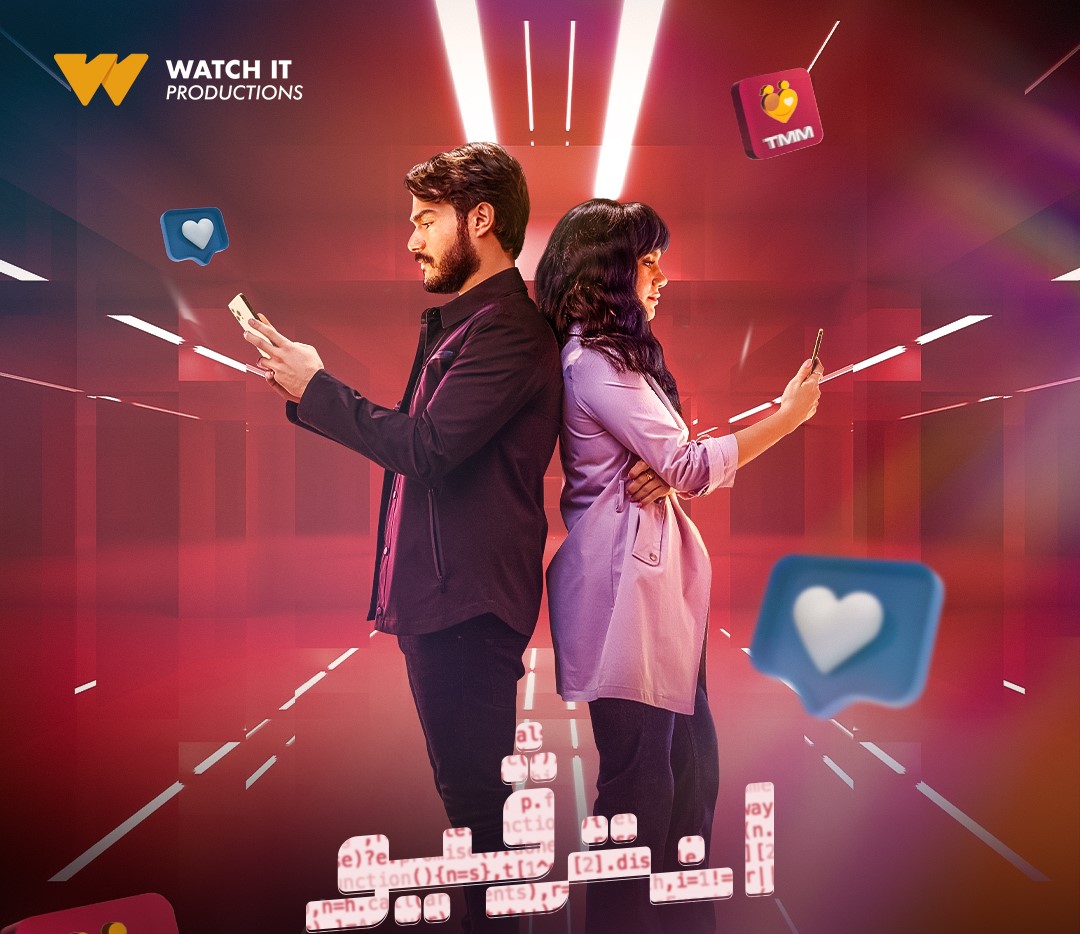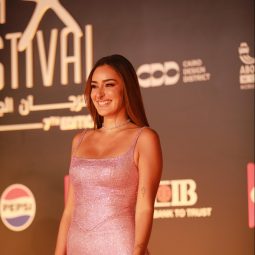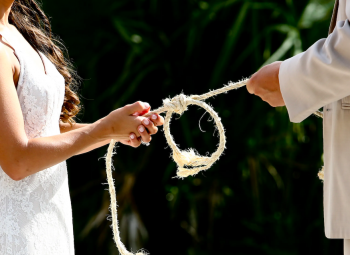The recently concluded series Interview, streaming on Watch It, marked a significant milestone for Rana Raies as her first lead role. Spanning eight episodes, the show succeeded at juggling romance, mystery, and a bit of comedy. It stands as a promising beginning for Rana Raies in lead roles. Though not without flaws, the series offers an engaging story with a mix of romance and intrigue.
Here's an in-depth look at the key elements of the show:
A Simple Story with Depths
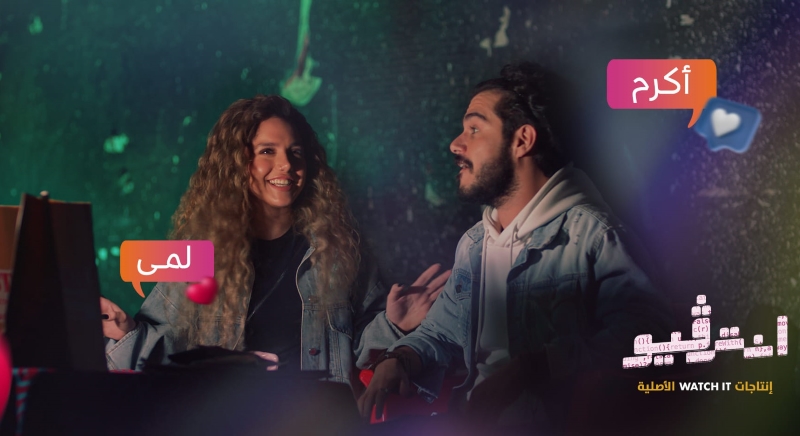
At first glance, Interview might appear to follow a traditional romantic formula, but viewers discover that the plot digs deeper into other themes as the episodes unfold. The story revolves around Nadine, a data analyst, attending a job interview for almost a week. The show cleverly uses the character's job as a data analyst to explore both her personal and professional struggles. Without revealing too much, Interview merges romance with a darker narrative of exploitation and manipulation, and how secrets can lurk from below the surface.
Rana Raies' First Lead
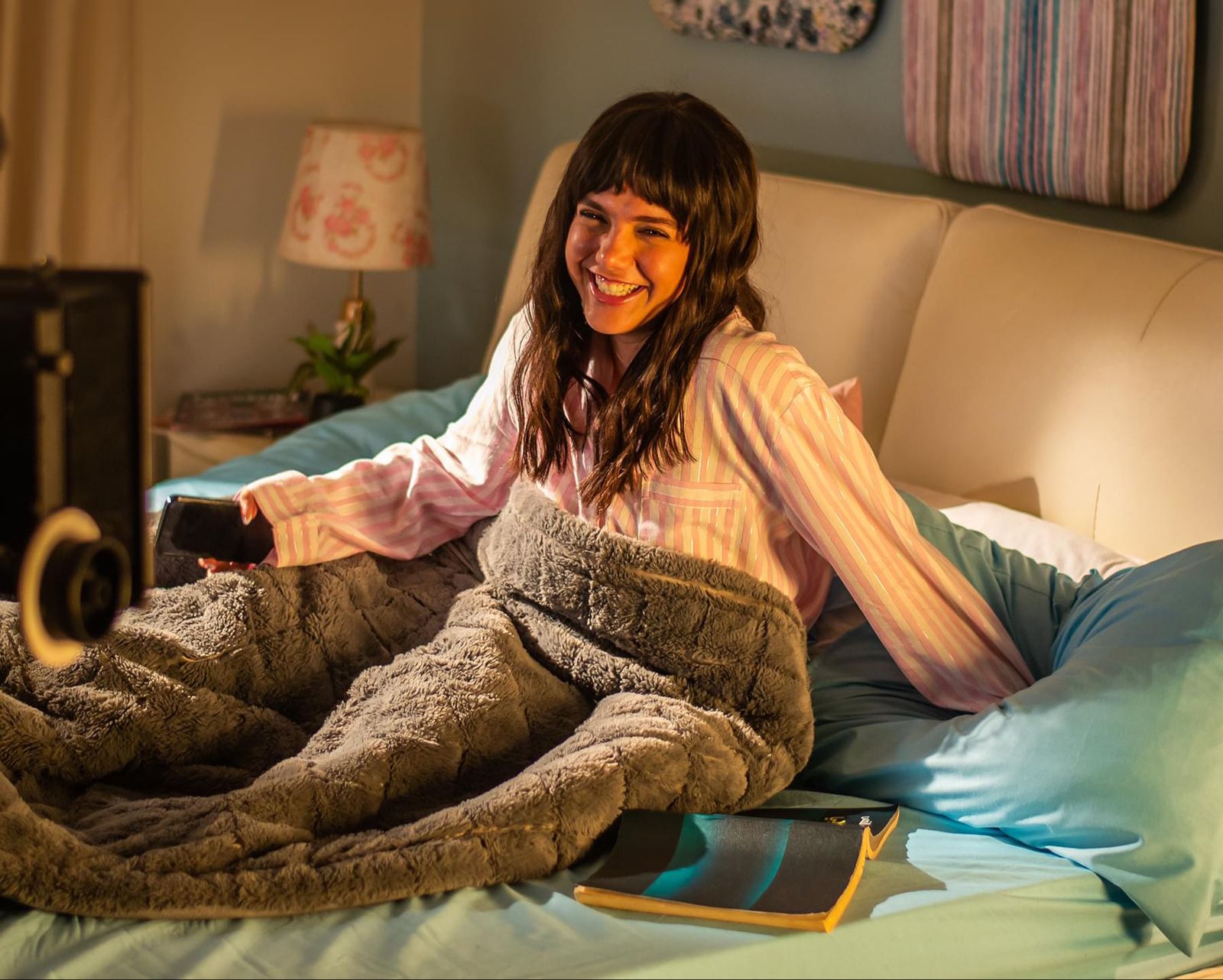
In her first lead role, Rana Raies impresses with her portrayal of Nadine. The character is a blend of intelligence, vulnerability, and complexity, and she captures these layers with ease. What makes her performance particularly noteworthy is the fact that she plays three different characters in parallel throughout the show.
Rana herself admitted that playing multiple characters was a challenge, but she embraced it wholeheartedly. This leap from supporting roles to a lead part could have overwhelmed many actors. However, Rana confidently stepped into her role, proving that she is more than capable of carrying a series on her own.
Strong, but Unchallenged Roles
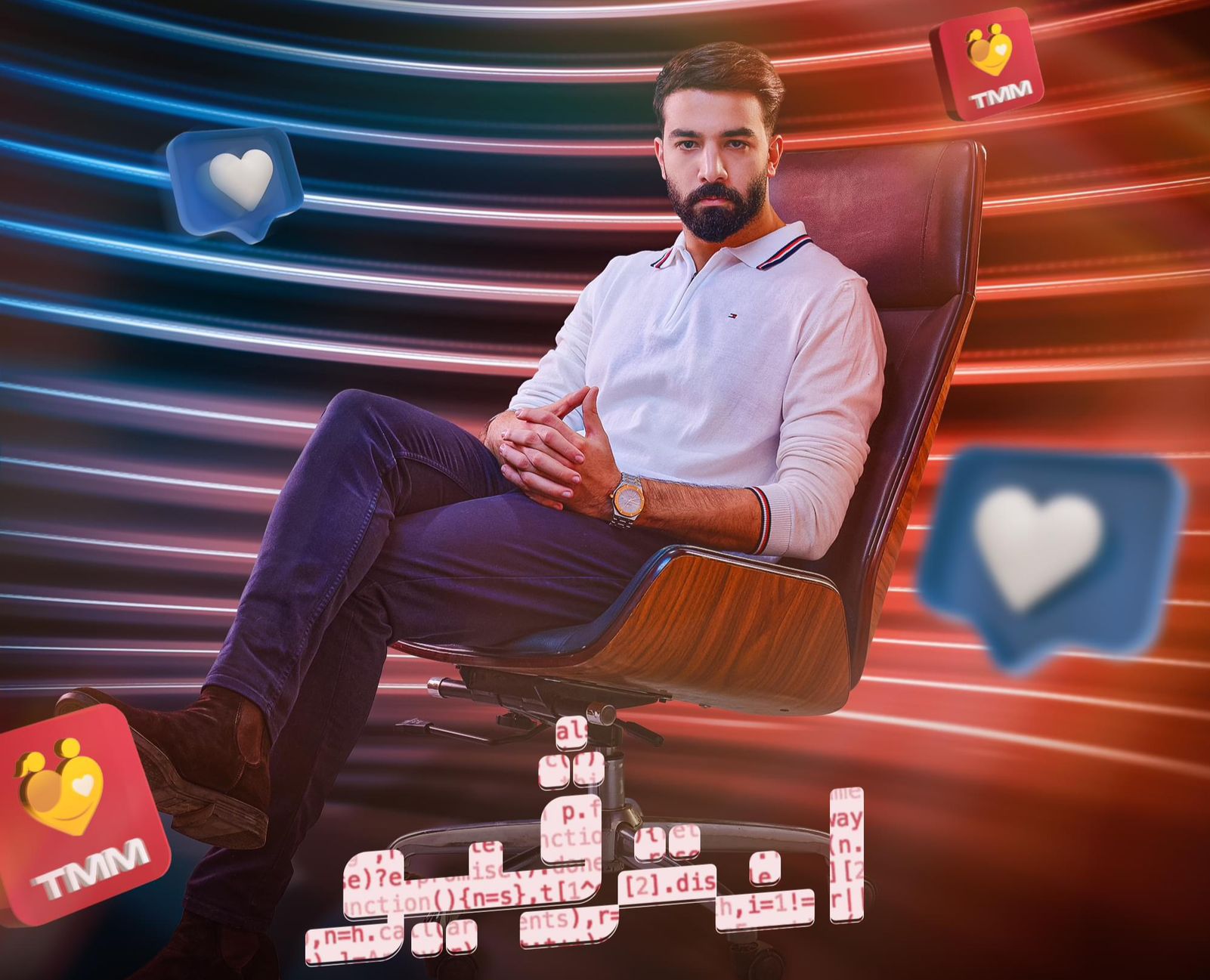
The supporting cast of Interview includes Hazem Ehab, Sarah Nour, and Mido Adel. Each actor brings something unique to the table, delivering solid performances. Their characters often serve more as vehicles for the plot rather than fully developed personalities. Meanwhile, cameos from Esaad Younes and former child star Youssef Othman added nostalgic appeal, making these moments more memorable.
Script and Direction
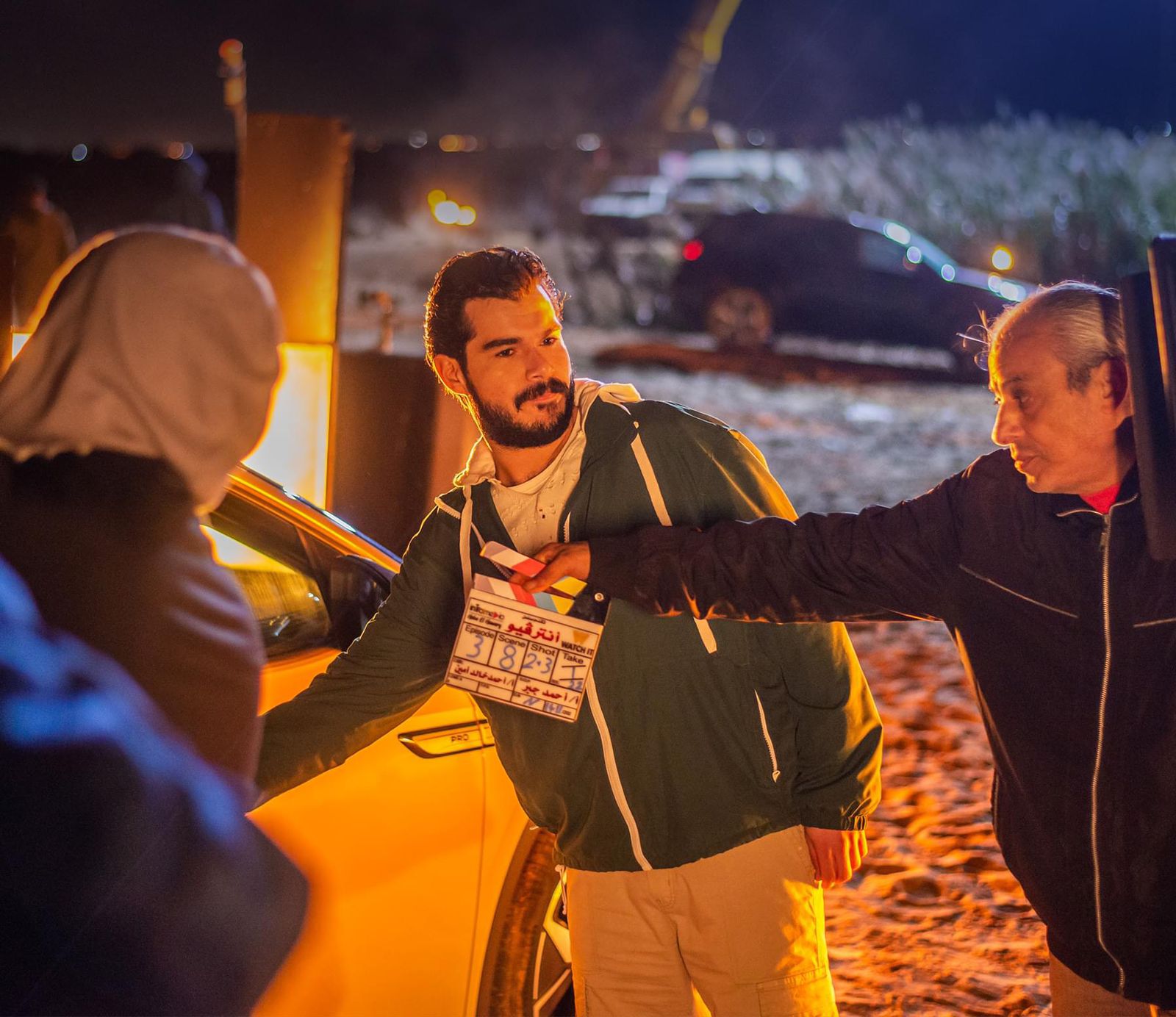
The show's script, written by Amina Mostafa in her debut role as a scriptwriter. It offered a unique and captivating premise, but it sometimes needed more polish. Some dialogue felt predictable, and certain scenes that aimed to create suspense fell flat due to weak execution. Most notably, the introduction of thriller elements felt somewhat out of place in a show that began with a more lighthearted, romantic tone. Yet, as the mystery unfolded, the final plot twist justified much of the earlier confusion, giving the show a satisfying conclusion.
Ahmed Khaled Amin's direction deserves praise for keeping the series visually appealing and cohesive despite the occasional narrative weaknesses. The show's pacing, especially in the last two episodes, was tight and engaging, though some might argue that the earlier episodes could have benefited from faster development.
Bold & Satisfying Finale
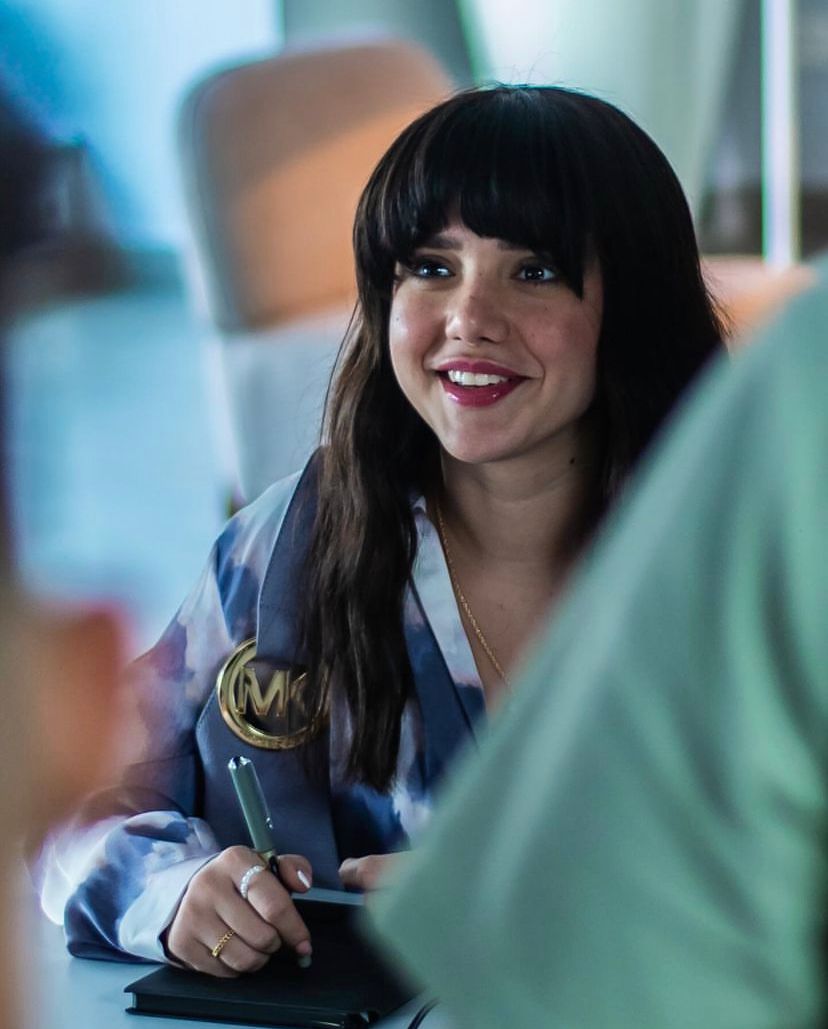
Without giving too much away, the ending of Interview ties together the romantic and mystery elements unexpectedly and compellingly. What seemed like a simple love story became a more layered commentary on privacy, ethics, and the complexities of human interaction in the digital age. This creative risk paid off, leaving audiences with much to reflect on.

